Author: Saloni Dahanukar

“I feel like we understand what plastic does to the Earth, but I had no idea what cotton was capable of” – Stacey Dooley
This is what most sustainable fashion connoisseurs will also say when you question their passion for saving the planet.
Most of our modern day activities like flying overseas, eating exotic fruits, shopping for cheap clothes are taking an obvious toll on the environment. To put it in perspective, luxury brand - Burberry admitted to burning clothes worth £90m in 2021, and high street favourite Zara, which comes up with as many as 24 collections in one year ends up with almost 85% of its textiles in landfills.
In fact, by 2050 the fashion industry is anticipated to use 25% of the world’s carbon budget, putting it on par with oil and airlines. One of the main reasons why the fashion industry is slowly losing its credibility is because of its reliance on high impact fabrics like cotton, that require copious amounts of water and contribute majorly to carbon emissions. However, thanks to budding entrepreneurs and thought leaders in the sustainable fashion scene, there may be a way around this.
Enter Organic Cotton - a sustainable, chemical free and low impact alternative. With a reputation for being the farmer’s favourite since it uses 70% less water than regular cotton, this crop is slowly changing things around.
Given the versatility and durability of this fabric, most sustainable fashion brands have birthed one of the most timeless fashion buys in the fashion world; the Organic T shirt.
Upon asking One Less founder Hansika Chhabria about her inspiration to make comfortable everyday clothing, she explained the philosophy that went behind designing the line.
“While creating the initial idea of OL collections, there was a checklist - can all genders wear this? Can any age group wear this? Will this ever go out of style?” the answers to which lie in the versatility of the fabric, and that’s exactly why OL’s first ever line focused on clothes made of GOTS certified organic cotton. The organic cotton t-shirt which is now available in 6 colours is an OL classic and our most loved piece.
Apart from OL, other sustainable fashion brands in this space have also resonated with the same perspective. Apurva and Diti who started No Nasties, a Mumbai based label, source their organic cotton from organic fair trade farms by small scale farmers all over India with no GMO seeds, no toxins, and ofcourse - no nasties.
Infact, kids' fashion is also jumping on the organic cotton bandwagon. Edamama - “a conscious clothing brand that cares about children and the earth” as mentioned in their instagram bio, sells a sustainable range of organic cotton t-shirts that meet the Global Organic Textile Standard and are super fun too!
Organic cotton has become a centrepiece of sustainable fashion, but its usage in mainstream fast fashion or high street brands remains minimal. Using this fabric can lessen not only environmental consequences but also drive the fashion industry to a value based approach rather than a price based one.
The path to organic cotton is not easy. It starts with lowering demand for regular cotton and bringing awareness about the many benefits organic cotton has. From catwalks to storefronts, organic cotton has the capability to transform the industry and at large, our planet.
Check out our organic cotton t-shirt collection here:https://oneless.co.in/collections/t-shirts
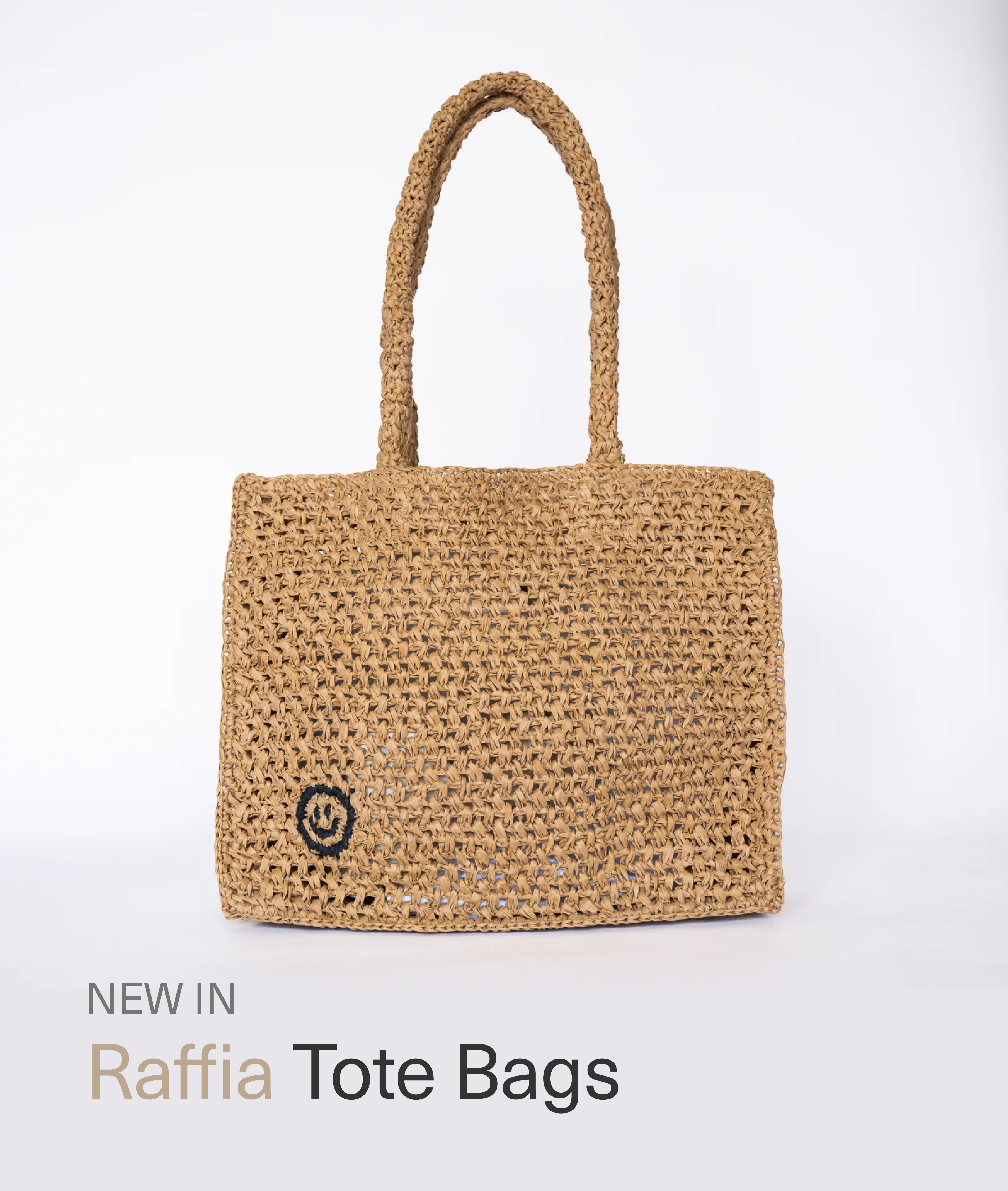
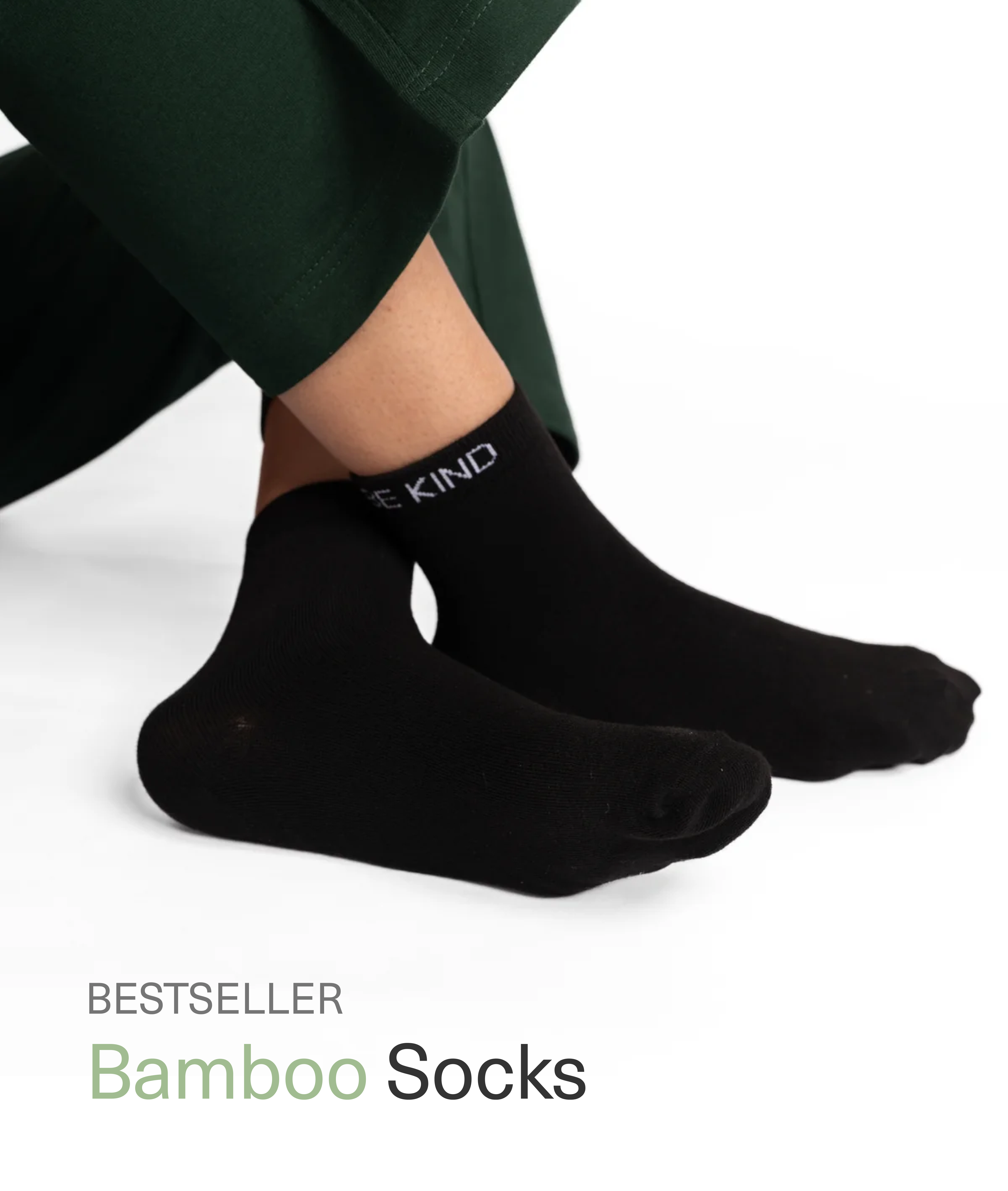
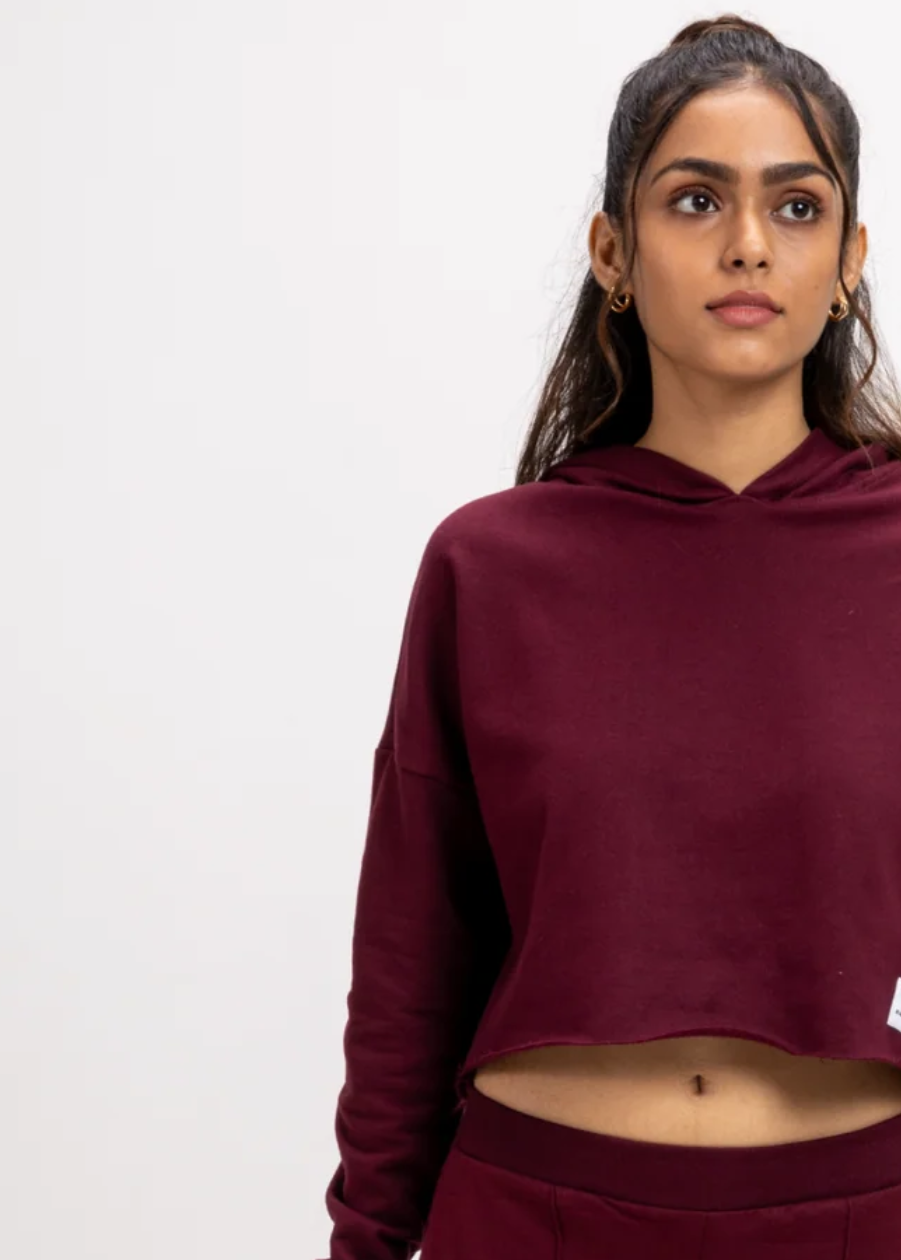

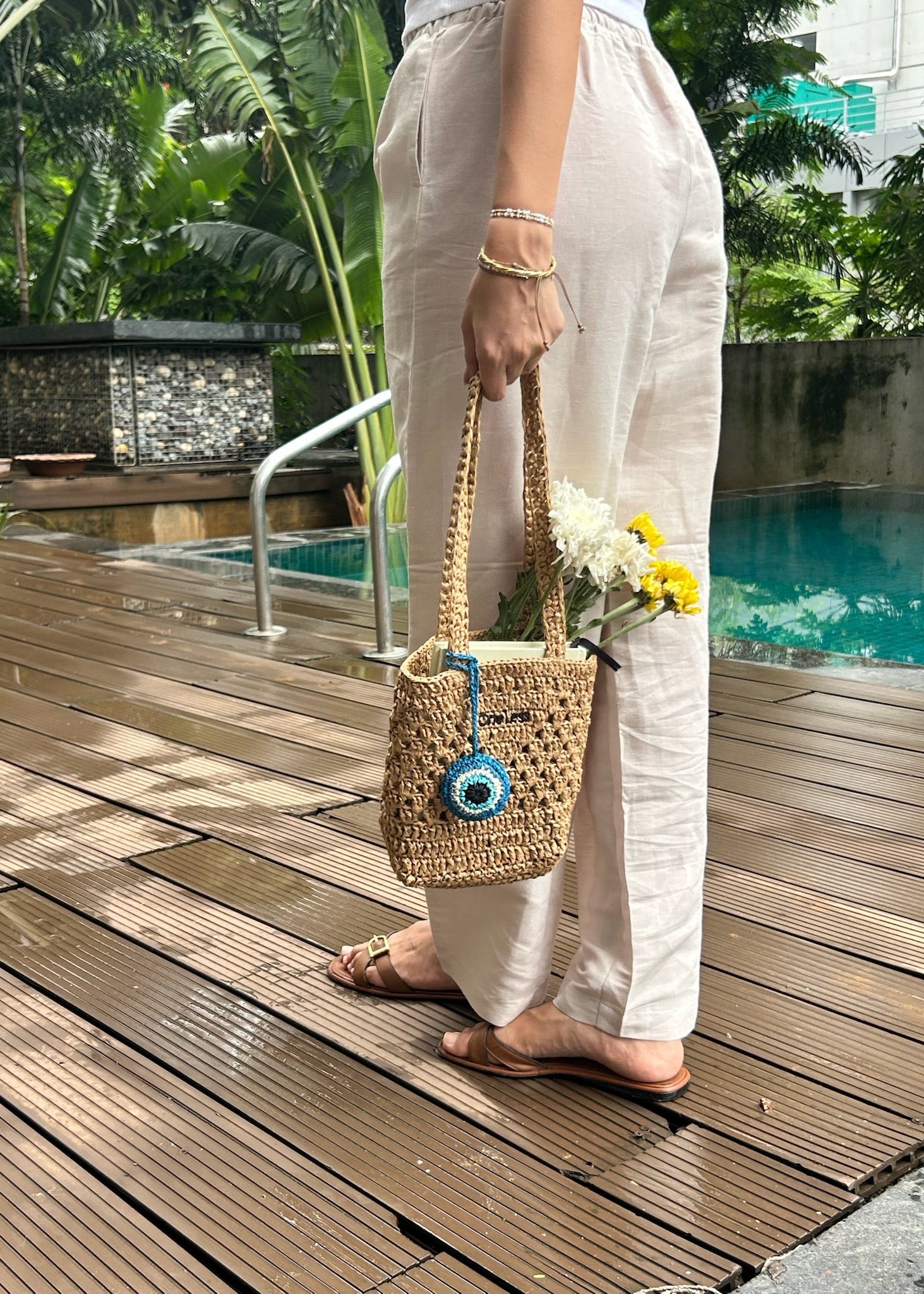






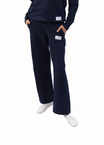

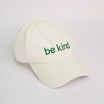
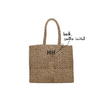




Leave a comment
This site is protected by hCaptcha and the hCaptcha Privacy Policy and Terms of Service apply.